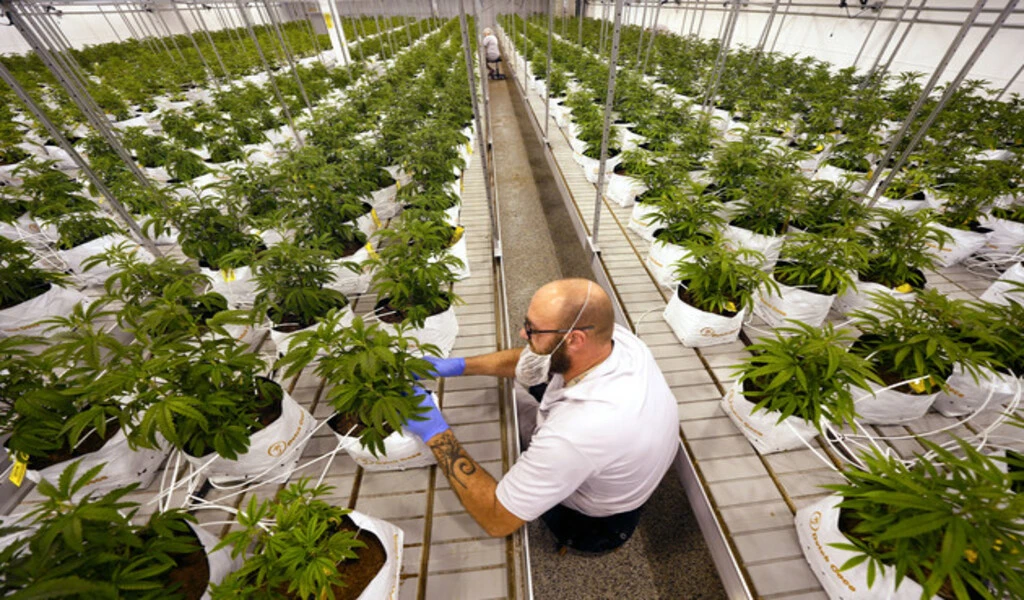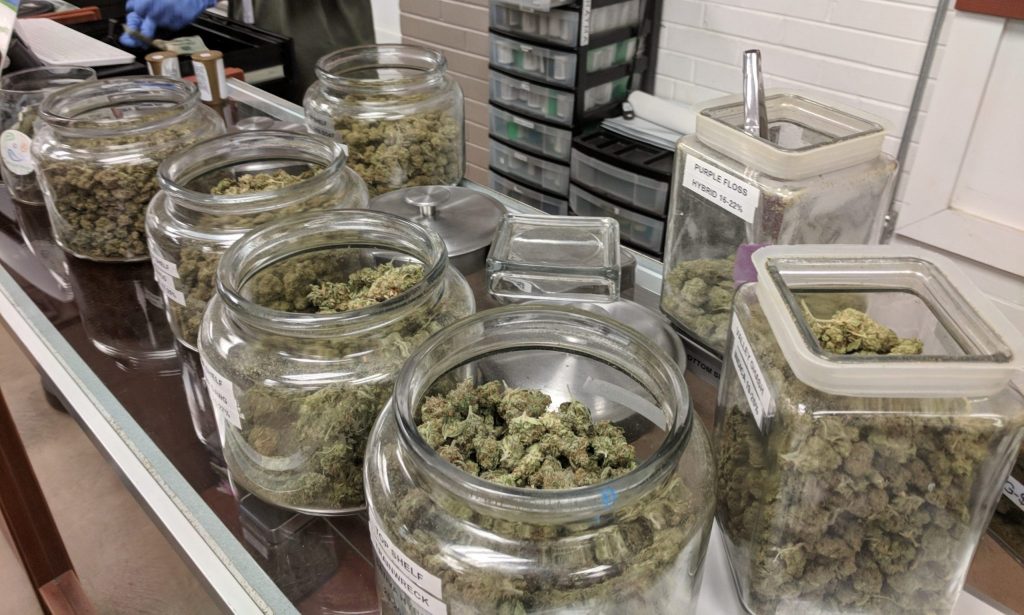(CTN News) – a comprehensive law to be raised. The legal cannabis market in Maryland prioritizes social fairness and gives medical marijuana license holders first dibs on selling recreational cannabis, something officials claim no other state has been able to achieve.
The proposal was submitted on Friday, three months after Maryland voters decisively supported a referendum to legalize cannabis for individuals 21 and older.
It is anticipated that the law will spark serious discussion about the structure of the billion-dollar sector. The new market’s anticipated opening follows the state’s bungled medicinal cannabis industry’s initial exclusion of Black applicants.
The sponsor of the measure in the House and head of the House Economic Matters Committee, C.T. Wilson (D-Charles), said to his colleagues Maryland legislators in the Legislative Black Caucus, “My position has been from the beginning that it’s not worth doing if there’s no fairness in the marketplace.”
The caucus is keeping a tight eye on the market to ensure that it helps Black people, whom the war has disproportionately impacted on drugs, a multidecade U.S. government initiative to curb illicit narcotics that resulted in the enormous imprisonment of Black people.
Since Colorado and Washington enacted ballot initiatives to legalize cannabis in 2012, 19 more states and the District of Columbia have followed suit.
However, in the opinion of politicians, none has adequately addressed how the drug war has affected communities of color. Others, like Virginia, have allowed buyers and dealers to transact illegally in an unregulated market.
Maryland has until July 1 to set up lawful sales. More than 400 permits for cultivation, processing, and dispensing might be awarded.
It’s a complicated subject. There are many distinct parts. No state has created a legal sales system with a social equality component perfectly, according to Senate President Bill Ferguson (D-Baltimore City). “I believe Maryland has a chance to serve as a national example.”
As they attempt to implement a strategy before legalization takes effect, lawmakers will work against the clock.
They said they did not want to find themselves in a situation comparable to New York, where the black market erupted with the sale of cannabis goods in so-called pop-up pot bodegas.
Last year’s discussion focused heavily on ensuring minorities had a share in the legal selling of recreational marijuana, which led to the delay in establishing the legal market.
By paying a one-time conversion fee based on their 2022 sales, those having medicinal cannabis licenses that were operational by last October are permitted to join the recreational market.
Growers would be required to pay $100,000, for instance, if their gross income was under $1 million, and $2.5 million, for gross revenues beyond $20 million.
To encourage collaborations between individuals who possess operational licenses and those who have “social equity licenses,” the law establishes an Office of Social Equity, a Community Reinvestment and Repair Fund, and a grant program.
The bill also creates a pathway for those who have attended a public school there for five years, lived in a region affected by the war on drugs for five of the last ten years, or meet another requirement established by the state for Alcohol, Tobacco and Cannabis Commission based on the disparity study to be eligible for a license. The first round of applications to be examined would include the “social equity” candidates.
On Friday, both presiding officers were happy with the outcome.
House Speaker Adrienne A. Jones (D-Baltimore County) stated, “We knew Maryland needed to modernize its cannabis policies, and we knew we had to get it right. Making the new industry egalitarian while achieving the deadline of July 1 was necessary to do [it] properly.
Maryland’s new legal cannabis program will help curb black market sales & puts equity at the center of licensing, taxation & regulation. The legislation allows license seekers to apply for a combined medical & recreational adult-use licenses! @mdhousedems are fighting for equity! pic.twitter.com/HLsy5VsFxu
— Delegate Adrian Boafo (@AdrianBoafo) February 4, 2023
Wilson stated that ending an illegal stream of trade that has resulted in the criminalization, arrest, and deaths of too many Black men is a goal of developing a legal recreational market.
Black people in Maryland were over three times more likely than White people between 2018 and 2019 to be arrested for marijuana possession, according to the ACLU of Maryland.
Wilson said that Black legislators could not just concentrate on the legal and criminal aspects of cannabis.
The caucus met on Thursday, and Wilson addressed the group. “Big businesses want us to focus on people getting out of jail, which is what we should do, and focus on citations versus tickets, which is fine, but they want that to be the distraction, so we let that money slide off the table, and if we’re lucky, we get crumbs,” Wilson said. “I honestly don’t want the cake, nor do I want the crumbs. So that my kids may own the street, I want the bakery.
Creating a pathway for minorities to receive licenses is something that Del. Gabriel Acevero (D-Montgomery) supports, but he also wants to ensure that those imprisoned or sentenced for selling cannabis are not barred from taking part in legal sales.
When discussing equity, he said, “I don’t want us to confuse diversity with equity, and when we’re talking about equity, we’re also talking about people who participated in this underground economy and are either currently incarcerated or previously incarcerated and who are either looking at or aren’t able to participate in this industry.”
Legislators are also contemplating legislation that would outlaw police searches based just on the smell of cannabis.
Sen. Jill Carter (D-Baltimore City), the bill’s author, spoke before the Senate Judicial Proceedings Committee on Thursday, claiming that courts have made varying conclusions about searches of automobiles based on the scent of cannabis. She said that the legislature must direct the courts as a matter of policy.
Carter told the committee, “If the goal of legalization was for everyone, then we have to consider our terrible, problematic history of racial inequity in the way laws are applied.”
“If we let odour alone, it’s still going to be the same thing that we’ve had, which is that, more often than not, people of color being pulled over, being searched, and having the vehicle examined for no cause other than stench — and then we haven’t achieved the aim of legalizing,” the author said.








